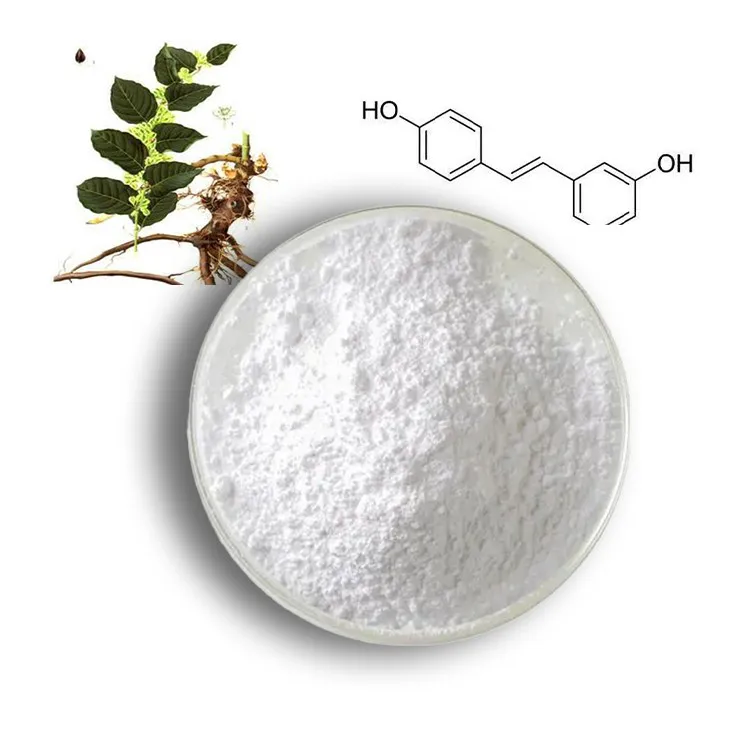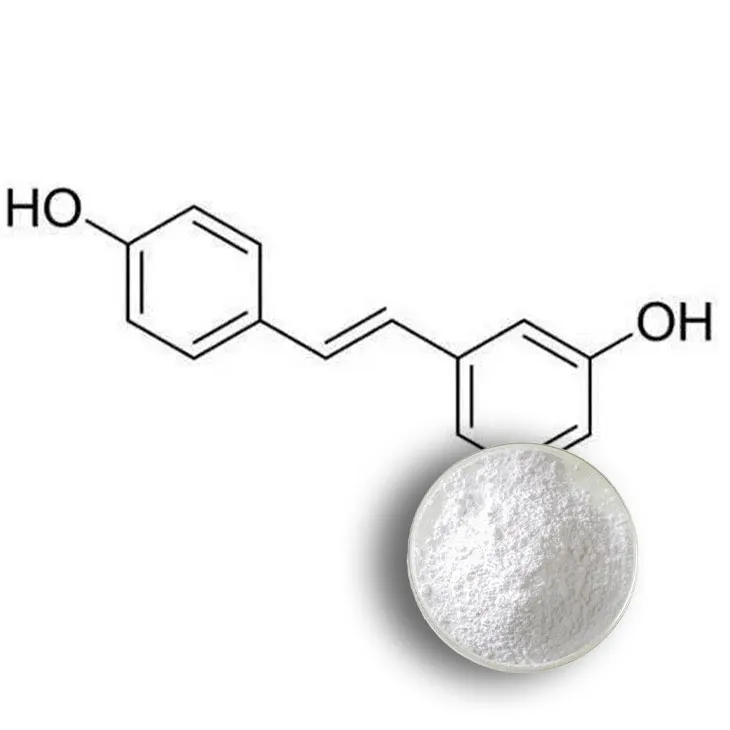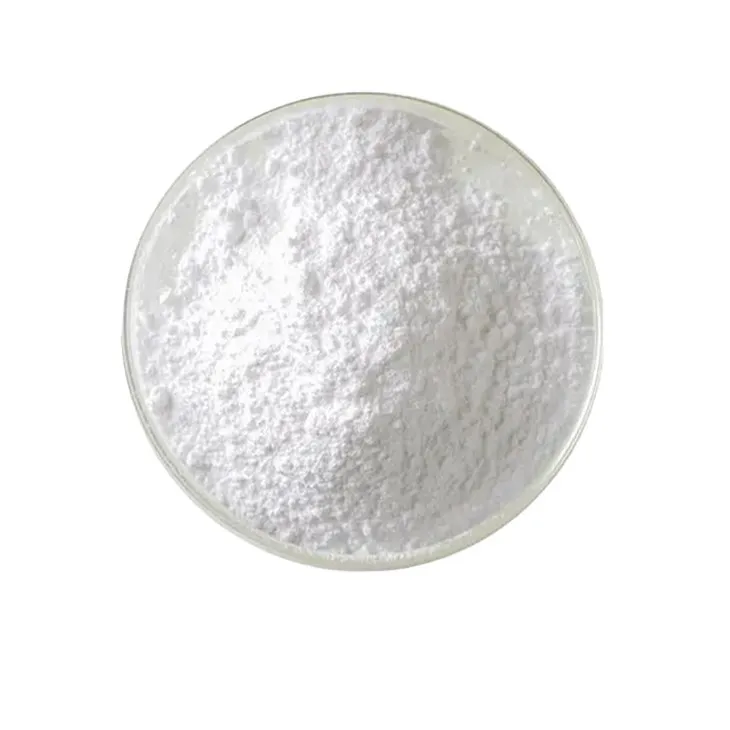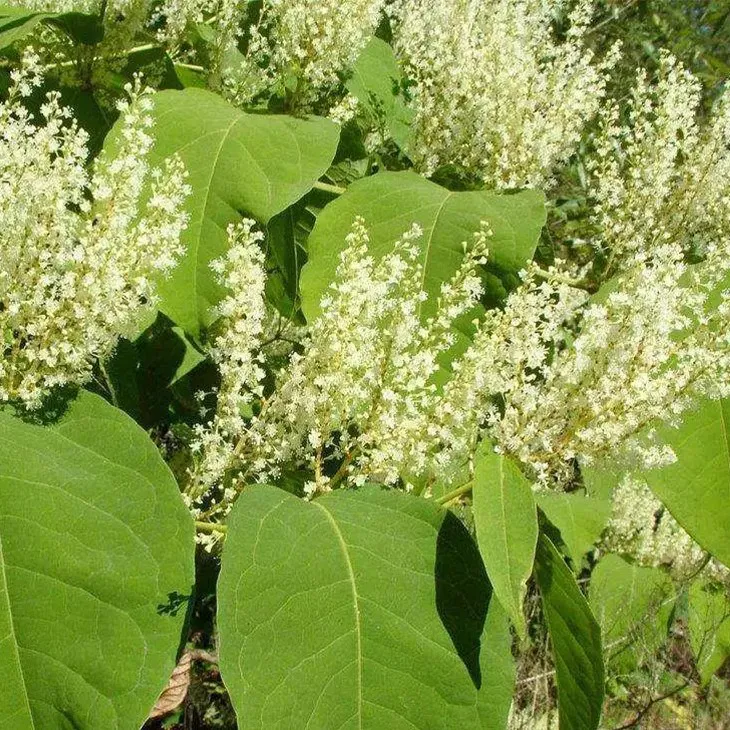- 0086-571-85302990
- sales@greenskybio.com
Powerful Resveratrol Extract: Its Role in Athletic Performance
2024-11-13

1. Introduction
In recent years, the white Resveratrol extract has emerged as a topic of great interest in the field of sports and fitness. Resveratrol, a natural compound present in a variety of plants, has shown promising potential for enhancing athletic performance. Athletes and fitness enthusiasts are constantly seeking ways to improve their endurance, accelerate recovery, and promote muscle growth. This compound may hold the key to achieving these goals.

2. Resveratrol: A Natural Compound
Resveratrol is a polyphenolic compound that can be found in grapes, berries, peanuts, and some other plants. It is produced as a defense mechanism against environmental stressors such as ultraviolet radiation, fungal infections, and oxidative stress. The presence of resveratrol in these plants has led to extensive research on its potential health benefits, including its role in athletic performance.

3. Impact on Endurance
3.1 Mitochondrial Function
One of the primary ways in which resveratrol may enhance endurance is by influencing cellular energy production mechanisms, particularly mitochondrial function. Mitochondria are often referred to as the "powerhouses" of the cells, as they are responsible for generating adenosine triphosphate (ATP), the main energy currency of the body. Resveratrol has been shown to activate certain enzymes within the mitochondria, such as sirtuins. Sirtuins play a crucial role in regulating mitochondrial biogenesis and function. By activating sirtuins, resveratrol can increase the number and efficiency of mitochondria in cells. This, in turn, can lead to improved energy production, allowing athletes to perform at a higher intensity for a longer period of time.3.2 Oxygen Utilization
Another aspect related to endurance is oxygen utilization. Resveratrol may enhance the body's ability to utilize oxygen during exercise. It can improve the function of the cardiovascular system, which is responsible for transporting oxygen to the muscles. By promoting better blood flow and oxygen delivery, resveratrol can help reduce fatigue and improve overall endurance. This is especially important for endurance athletes such as marathon runners and cyclists.
4. Role in Reducing Inflammation
4.1 Post - exercise Inflammation
After intense exercise, the body often experiences inflammation as a natural response to the stress placed on the muscles and tissues. While a certain level of inflammation is necessary for the body to repair and adapt, excessive or prolonged inflammation can impede recovery and performance. Resveratrol has anti - inflammatory properties that can help reduce post - exercise inflammation. It can inhibit the production of pro - inflammatory cytokines, which are signaling molecules that promote inflammation. By reducing inflammation, resveratrol can accelerate the recovery process, allowing athletes to get back to training sooner.4.2 Chronic Inflammation
In addition to post - exercise inflammation, some athletes may also suffer from chronic inflammation due to overtraining or other factors. Chronic inflammation can lead to a variety of health problems and can also negatively impact athletic performance. Resveratrol's anti - inflammatory effects can be beneficial in managing chronic inflammation. It can help reduce the overall level of inflammation in the body, improving joint health, reducing muscle soreness, and enhancing overall well - being.
5. Influence on Muscle Protein Synthesis
5.1 Muscle Growth
Muscle protein synthesis is a key process for muscle growth and strength development. Resveratrol may potentially modulate this process. It can interact with various signaling pathways involved in muscle protein synthesis, such as the mammalian target of rapamycin (mTOR) pathway. By influencing these pathways, resveratrol can promote the synthesis of new muscle proteins, leading to increased muscle mass. This is particularly important for bodybuilders and strength athletes who are looking to build muscle size and strength.5.2 Muscle Repair
In addition to muscle growth, resveratrol can also play a role in muscle repair. After exercise, the muscles experience microscopic damage, and the body needs to repair these damaged fibers to become stronger. Resveratrol can support the muscle repair process by promoting the synthesis of proteins involved in tissue repair. It can also reduce oxidative stress in the muscles, which can further enhance the repair process.6. Dosage and Considerations
6.1 Optimal Dosage
Determining the optimal dosage of resveratrol for athletic performance is still an area of ongoing research. Current studies suggest that a dosage range of 250 - 500 mg per day may be effective for achieving some of the benefits related to athletic performance. However, more research is needed to establish a precise dosage that is both safe and effective for different types of athletes.6.2 Safety Considerations
While resveratrol is generally considered safe for most people when consumed in moderation, there are some potential side effects to be aware of. High doses of resveratrol may cause gastrointestinal issues such as nausea, diarrhea, and abdominal pain. Additionally, resveratrol may interact with certain medications, so it is important for athletes who are taking medications to consult their healthcare provider before starting resveratrol supplementation.7. Sources of Resveratrol
7.1 Dietary Sources
As mentioned earlier, resveratrol can be obtained from dietary sources such as grapes, red wine, berries, and peanuts. However, the amount of resveratrol in these foods can vary depending on factors such as the variety of the plant, the growing conditions, and the processing methods. For example, red grapes and red wine are known to contain relatively high levels of resveratrol, especially in the skins. Berries such as blueberries, raspberries, and strawberries also contain resveratrol, although in smaller amounts.7.2 Supplements
In addition to dietary sources, resveratrol is also available in supplement form. Resveratrol supplements are often standardized to a certain percentage of resveratrol content, making it easier to control the dosage. However, when choosing a resveratrol supplement, it is important to look for a high - quality product from a reputable manufacturer. Some supplements may contain other ingredients or contaminants that could potentially be harmful.8. Conclusion
The white Resveratrol extract holds significant potential in the realm of athletic performance. Its ability to enhance endurance, reduce inflammation, and influence muscle protein synthesis makes it a compound of great interest for athletes and fitness enthusiasts. However, more research is needed to fully understand its mechanisms of action and to determine the optimal dosage and safety profile. As the field of sports nutrition continues to evolve, resveratrol may play an increasingly important role in helping athletes achieve their performance goals.
FAQ:
What is resveratrol?
Resveratrol is a natural compound that can be found in various plants. It has shown potential benefits in the context of sports performance.
How does Resveratrol extract enhance endurance?
Resveratrol extract can enhance endurance by influencing cellular energy production mechanisms, specifically mitochondrial function. This helps the body generate and sustain energy during exercise more effectively.
Why is reducing inflammation post - exercise important?
Reducing inflammation post - exercise is crucial because it aids in faster recovery. Inflammation can cause discomfort and delay the body's ability to repair and rebuild muscle tissue after a workout.
How might resveratrol contribute to muscle growth?
Resveratrol could potentially contribute to muscle growth by modulating muscle protein synthesis. This process is essential for building and strengthening muscle mass.
Is resveratrol safe for athletes to use?
While resveratrol is a natural compound, more research is needed to fully determine its long - term safety for athletes. However, in moderate amounts, it has shown potential benefits in relation to sports performance.
Related literature
- The Role of Resveratrol in Exercise Physiology"
- "Resveratrol and Athletic Performance: Current Research"
- "Resveratrol: A Promising Supplement for Sports Enthusiasts?"
- ▶ Hesperidin
- ▶ citrus bioflavonoids
- ▶ plant extract
- ▶ lycopene
- ▶ Diosmin
- ▶ Grape seed extract
- ▶ Sea buckthorn Juice Powder
- ▶ Beetroot powder
- ▶ Hops Extract
- ▶ Artichoke Extract
- ▶ Reishi mushroom extract
- ▶ Astaxanthin
- ▶ Green Tea Extract
- ▶ Curcumin Extract
- ▶ Horse Chestnut Extract
- ▶ Other Problems
- ▶ Boswellia Serrata Extract
- ▶ Resveratrol Extract
- ▶ Marigold Extract
- ▶ Grape Leaf Extract
- ▶ blog3
- ▶ blog4
- ▶ blog5
-
Organic Tongkat Ali extract powder factory.
2024-11-13
-
How to make powder with ashwagandha extract.
2024-11-13
-
Rosehip extract manufacturers from China.
2024-11-13
-
The best cat's claw extract in nature.
2024-11-13
-
Chinese Dandelion Leaf Extract Suppliers.
2024-11-13
-
Pueraria Lobata Extract
2024-11-13
-
Artichoke Extract
2024-11-13
-
Natural grape seed extract
2024-11-13
-
Maca Extract
2024-11-13
-
Peppermint Extract Powder
2024-11-13
-
Curcuma Longa Extract/Turmeric extract
2024-11-13
-
Tongkat Ali Extract
2024-11-13
-
Artichoke Leaf Extract
2024-11-13
-
Shikonin
2024-11-13
-
Feverfew Extract
2024-11-13





















